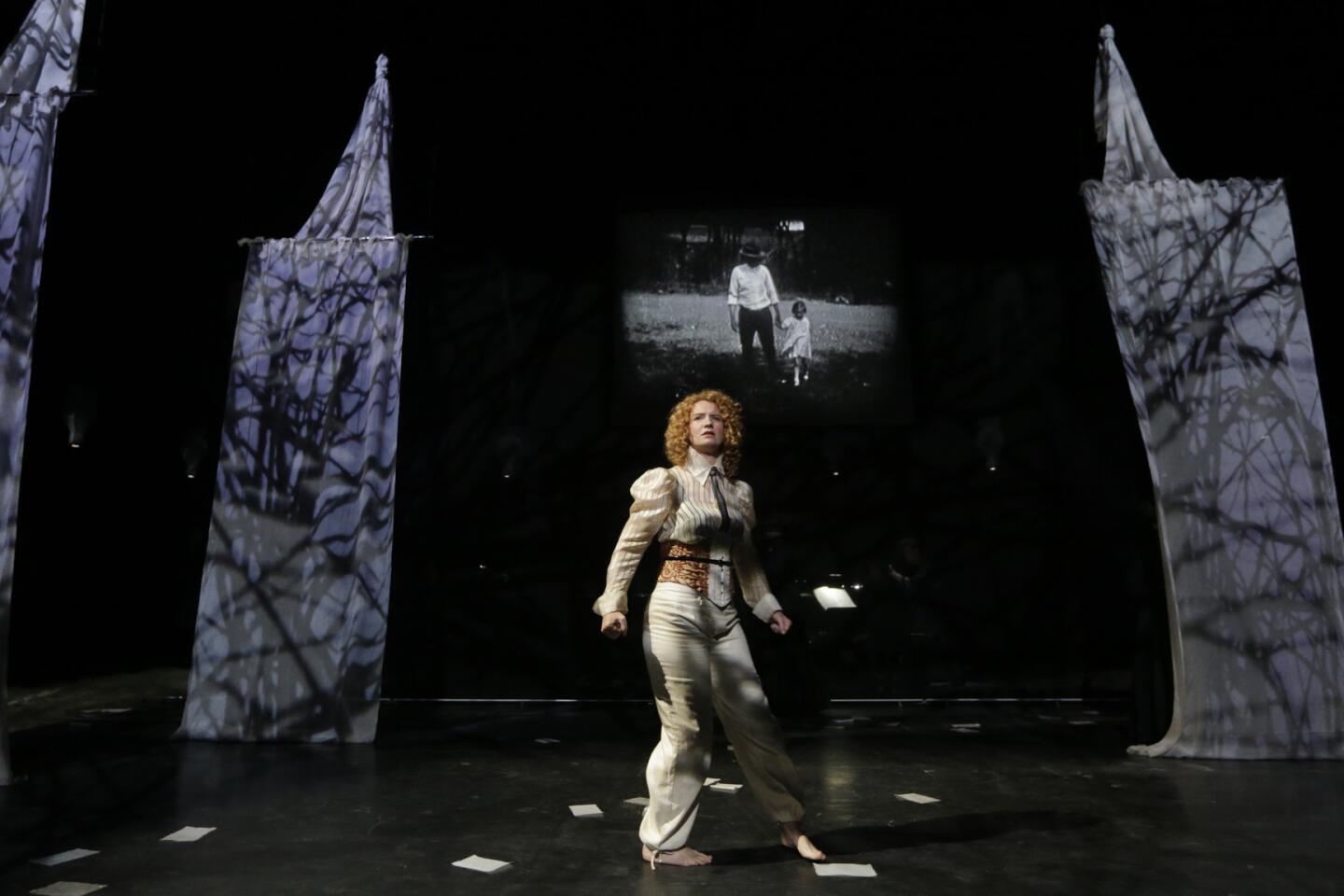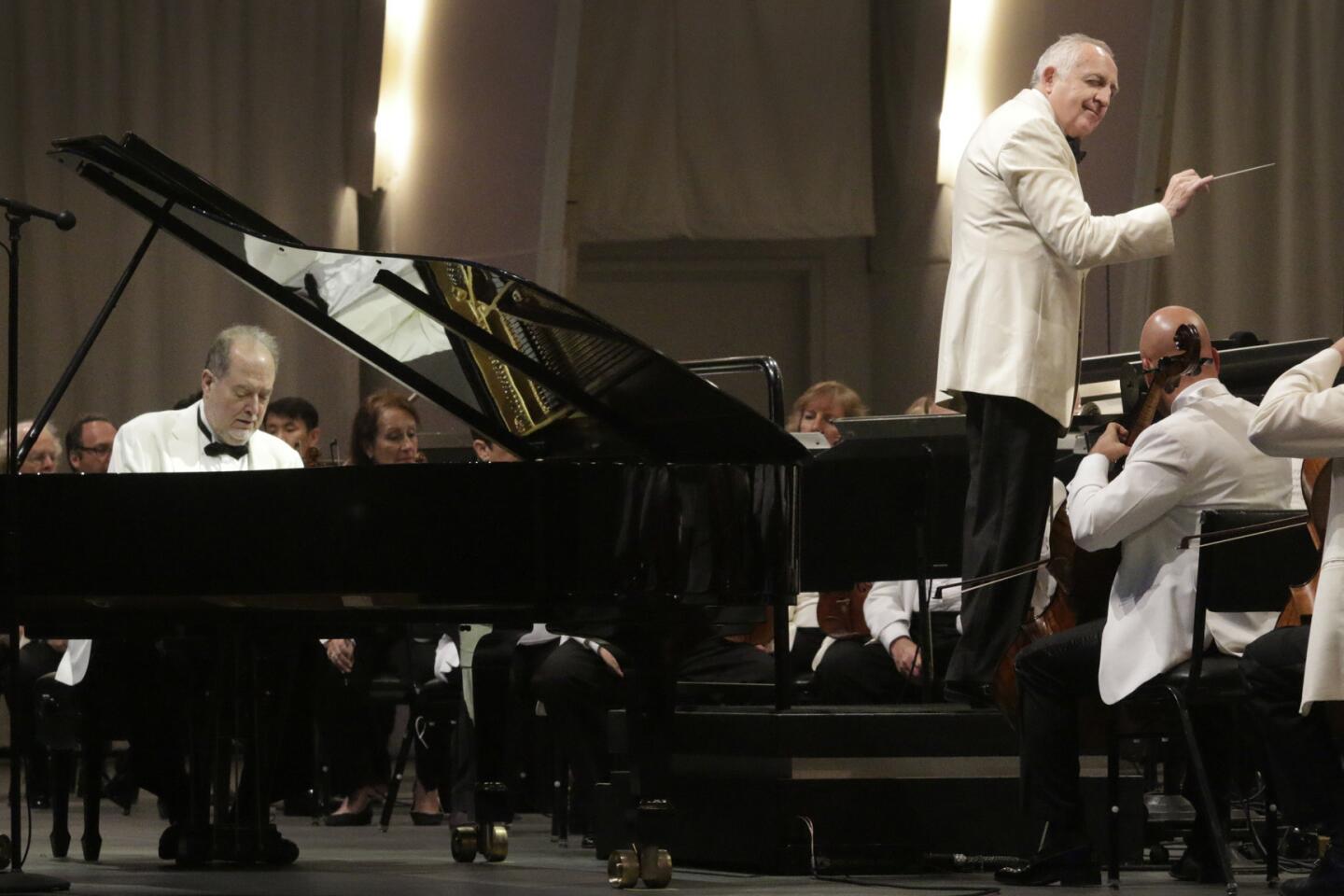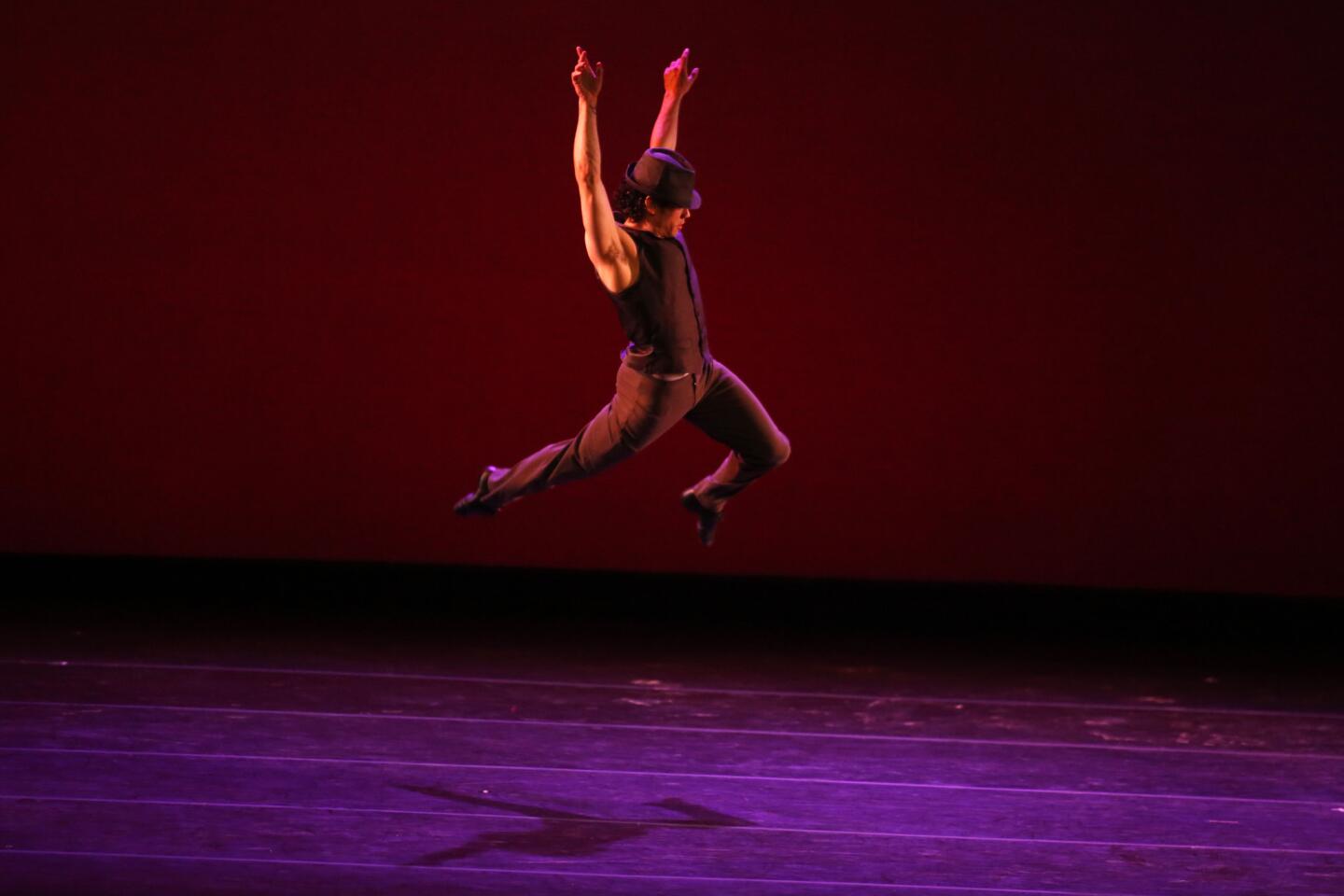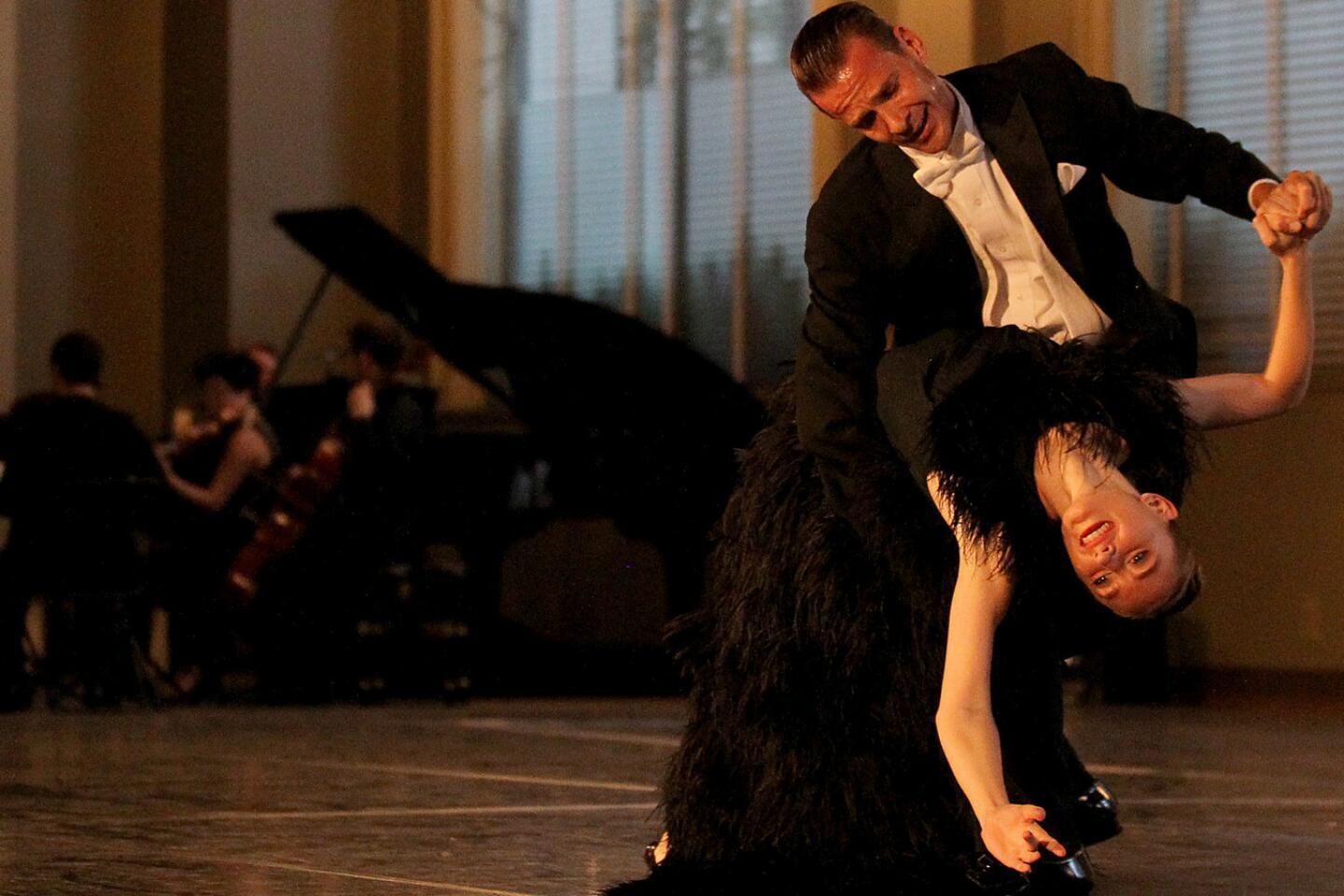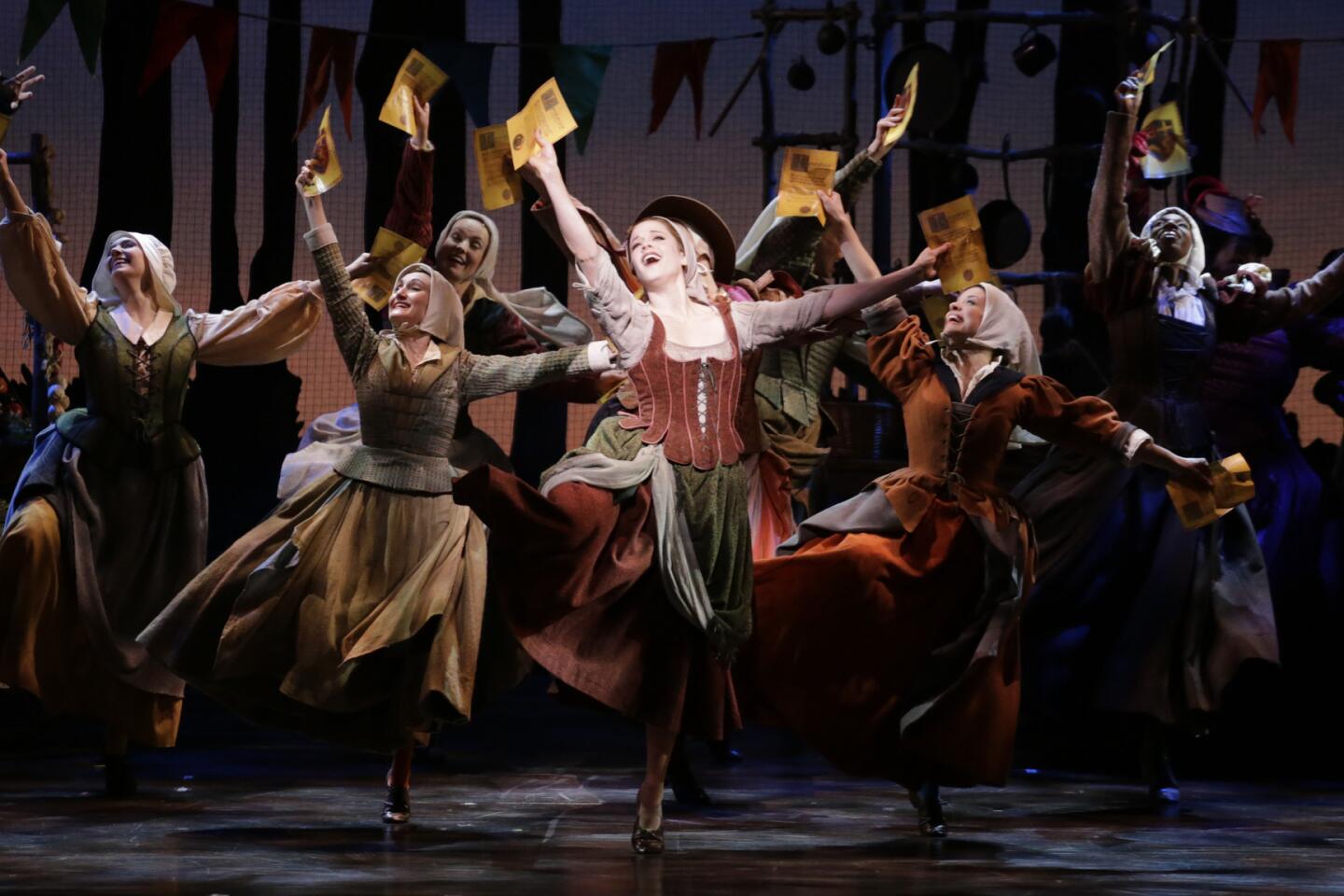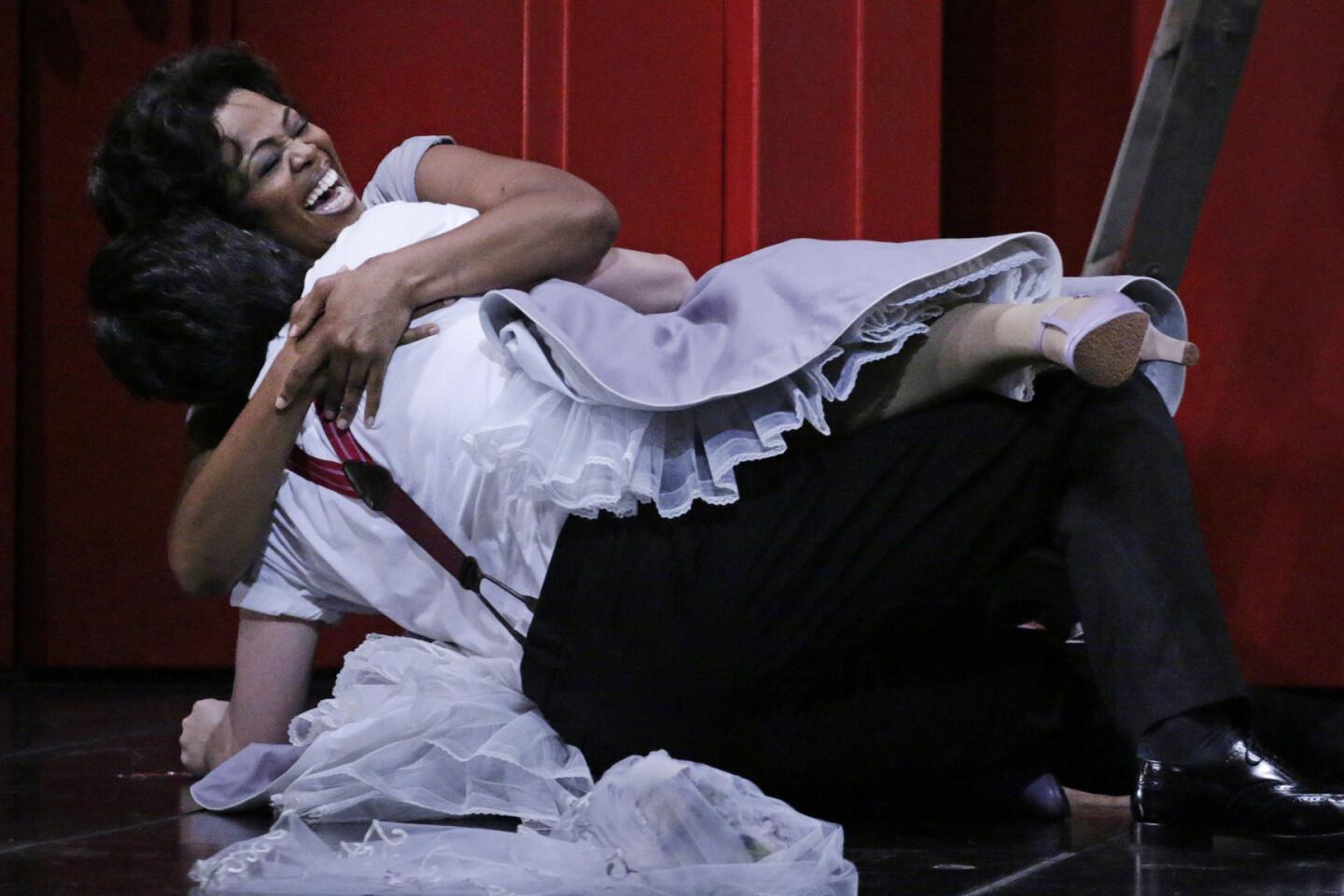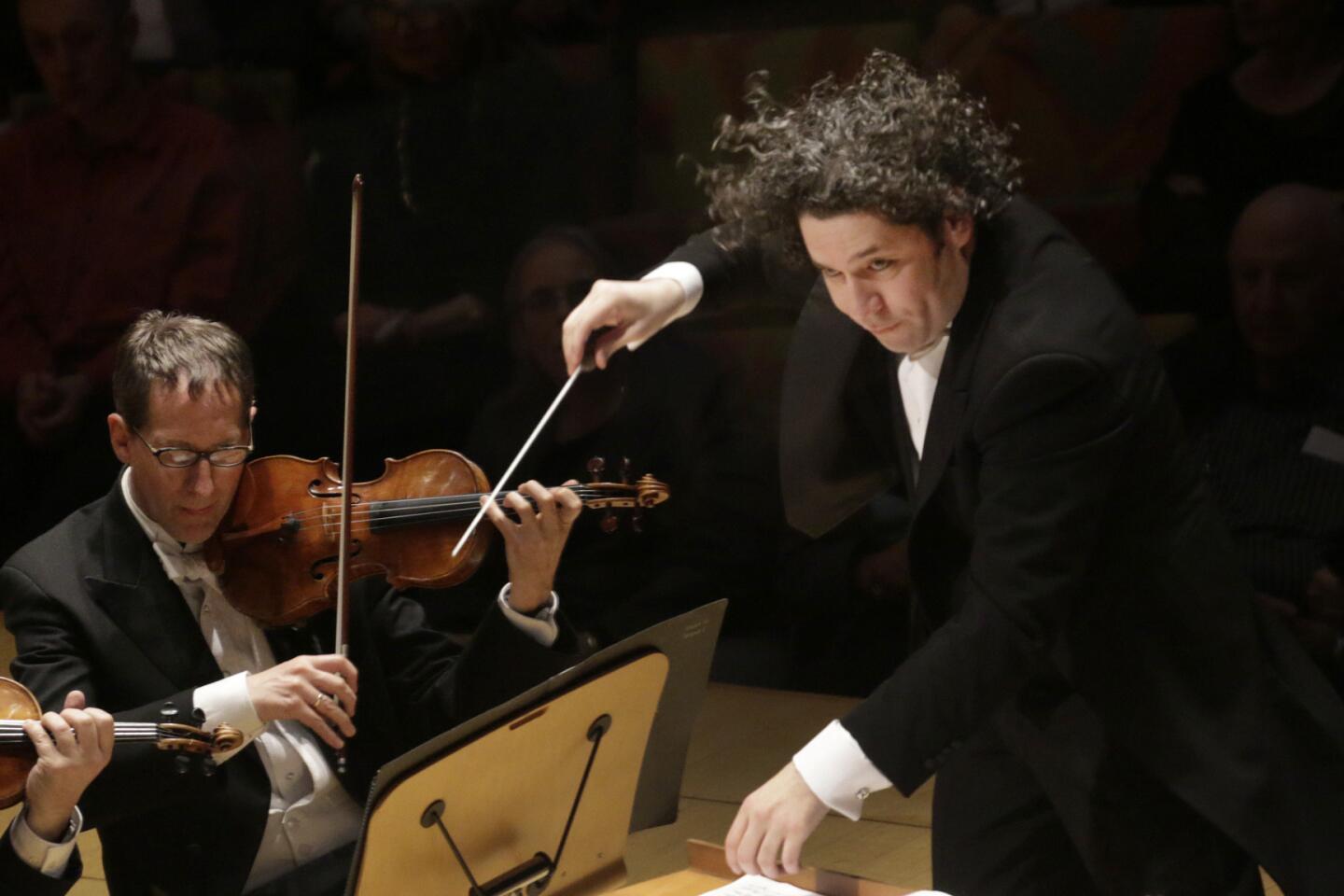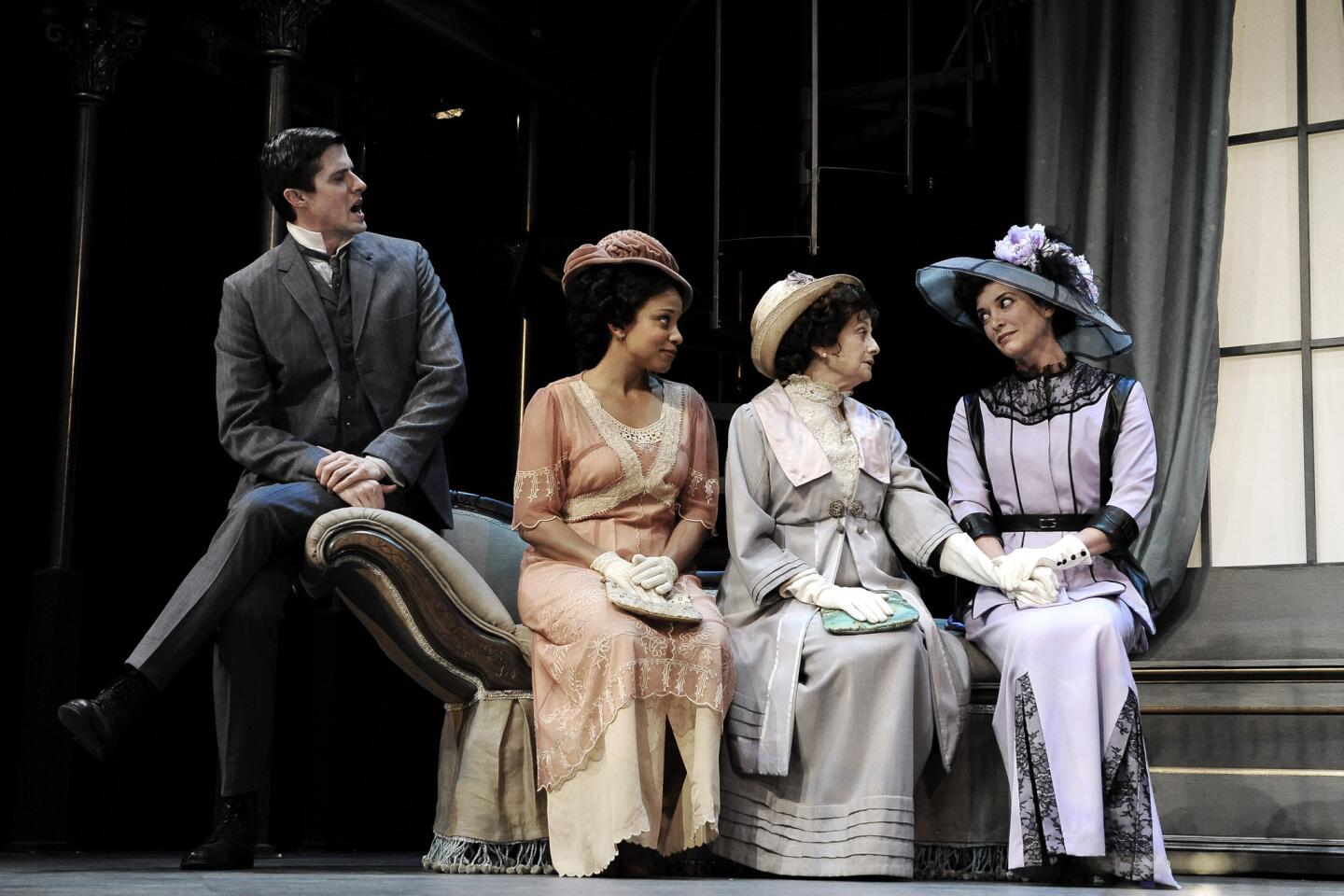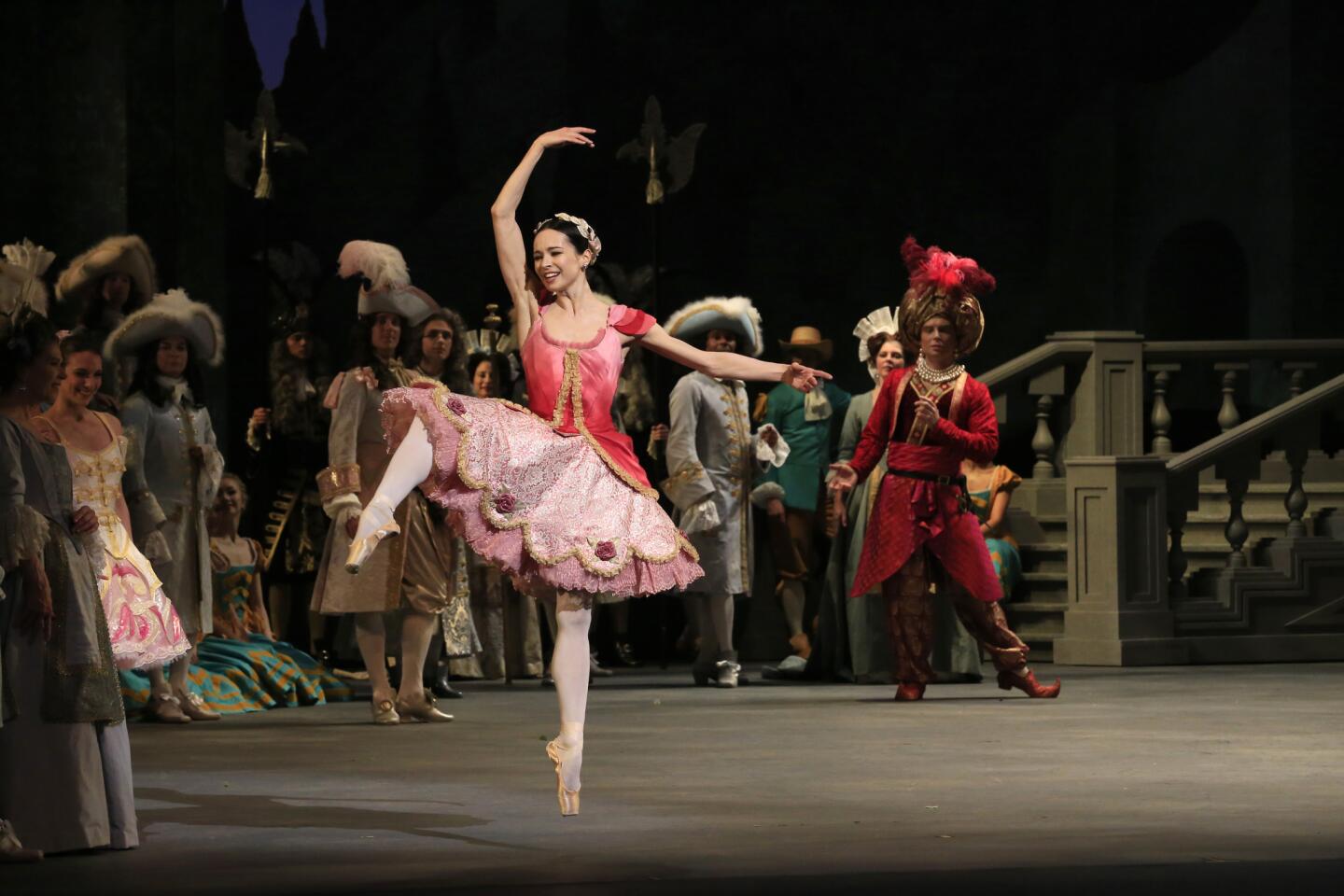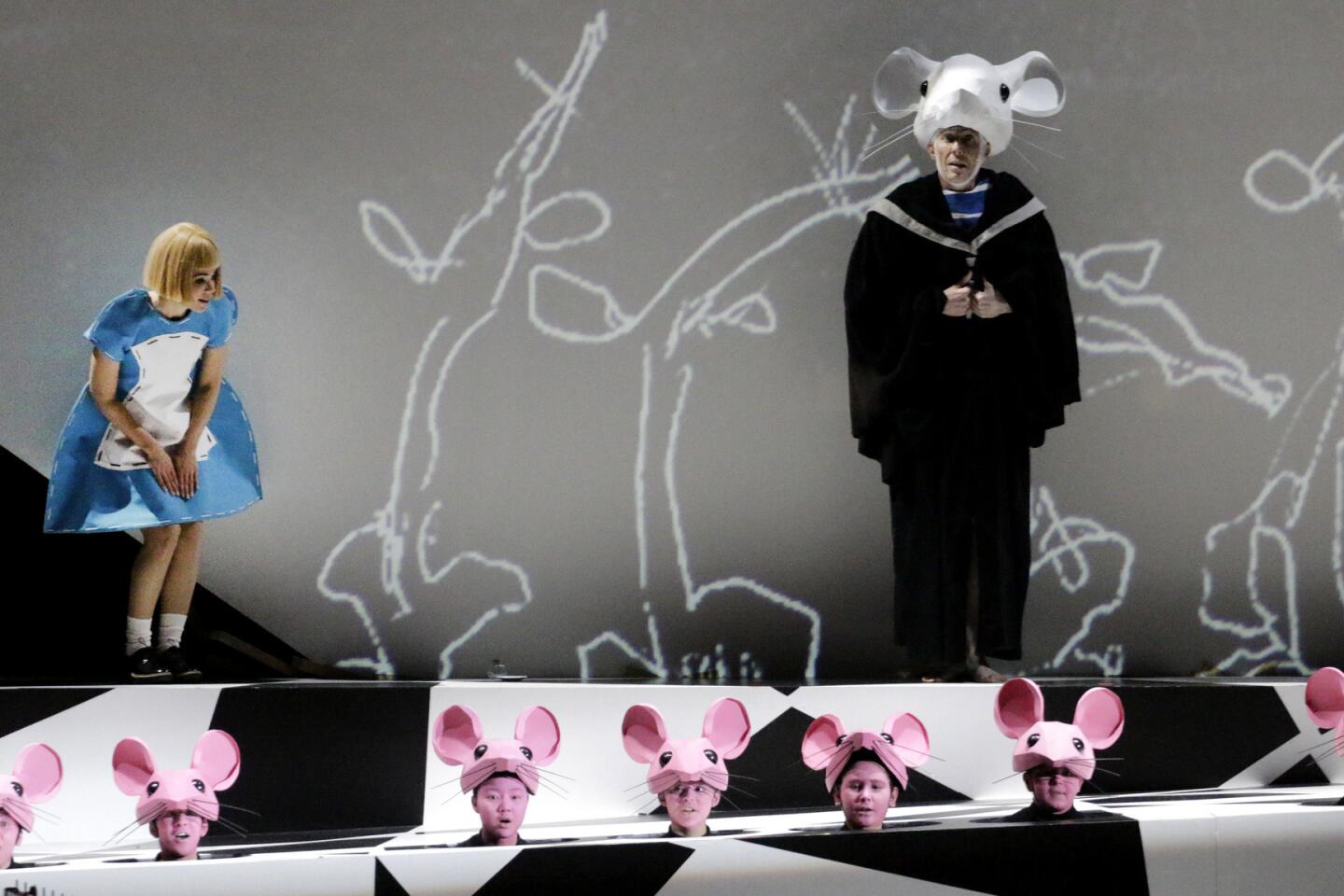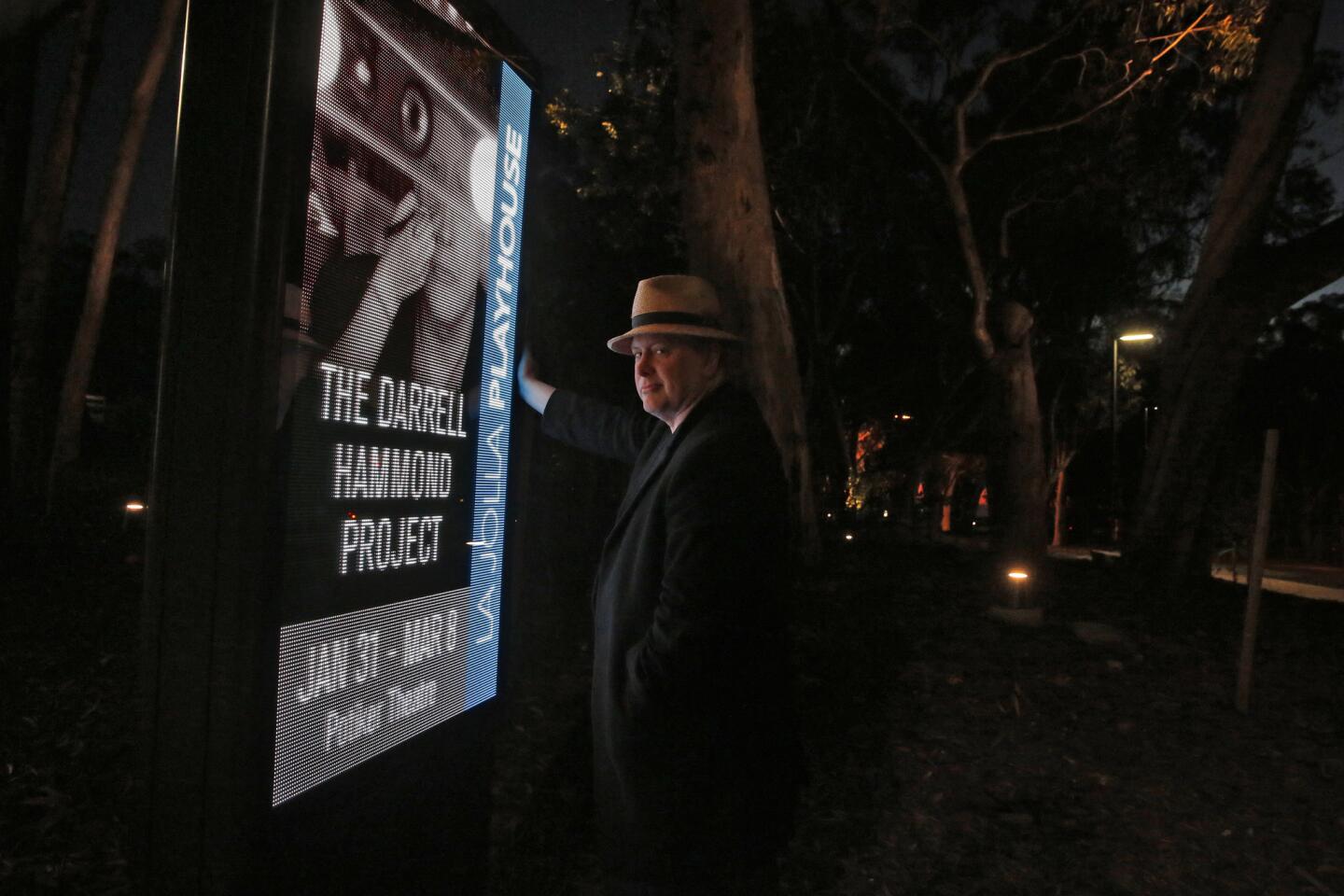Los Angeles County’s audit of Music Center finds some problems in record-keeping and business practices
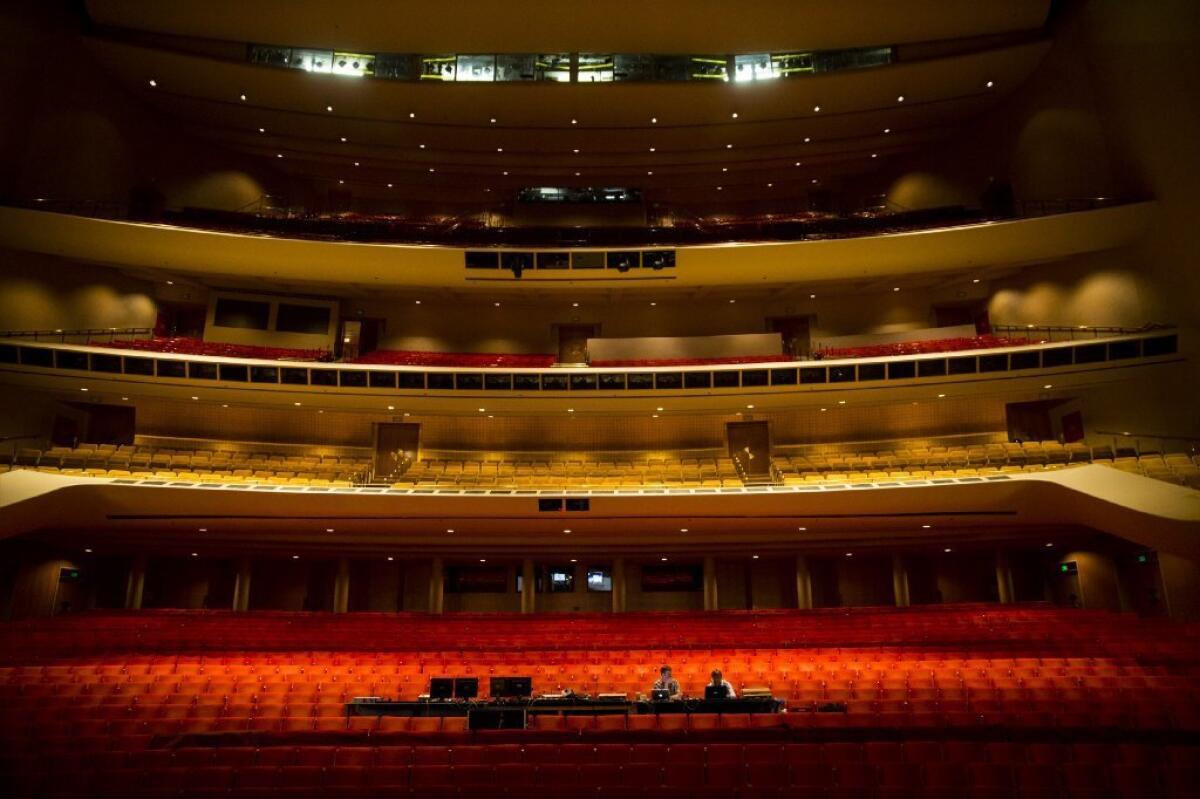
Inside the Dorothy Chandler Pavilion at the Music Center in downtown Los Angeles. The Music Center’s operations are the subject of a critical report on its finances by county auditors.
- Share via
An audit of the Music Center ordered by the Los Angeles County Board of Supervisors in the wake of financial difficulties and layoffs at the downtown performing arts center reviewed less than half of its spending, as Music Center leaders refused to turn over records of expenses not paid for by the county.
The 16-page report issued Tuesday by John Naimo, the county’s auditor-controller, said the Music Center “denied our request for access to… records” that would have given auditors a fuller picture of its operations.
Out of a total Music Center budget of $62.4 million, county auditors were able to focus on $25 million the county provides to cover landlord-like functions such as maintenance, ushers and security at the four-venue, county-owned campus.
SIGN UP for the free Essential Arts & Culture newsletter >>
On Wednesday, Music Center president Rachel Moore and one county supervisor, Sheila Kuehl, said the Music Center had acted properly.
Supervisor Hilda Solis said in a statement that any “ambiguities” over what information the county should receive from the Music Center “must be addressed and clarified immediately.”
She applauded recommendations in the audit to update “antiquated reporting and accounting processes…. These changes in both county and Music Center practices are long overdue.”
Other supervisors did not respond immediately to requests for comment.
Moore and Kuehl noted that when the Board of Supervisors ordered the audit in July, the motion called only for “an audit… to review the use of county funding provided to the Music Center.” The action came after revelations that the Music Center had fallen short in its fundraising, leading to staff cuts and the exit of most of its department heads.
“The auditor is supposed to audit primarily… the use of county funds,” Kuehl said. “The use of private funds… was not required to be part of the audit.”
The report, which covered the past three fiscal years, cited written agreements between the county and the Music Center that give the county “the right to audit all transactions relating to the Music Center.”
One of the auditors’ recommendations to the Board of Supervisors was “requiring compliance with... financial accountability provisions” in the operating agreements.
With Naimo unavailable Wednesday, assistant auditor-controller Arlene Barrera said her department did not believe its efforts were thwarted.
She said the idea was “to do our due diligence” by asking for additional information, rather than to probe deeply into functions such as fundraising, education and performances that aren’t the county’s responsibility.
Barrera said auditors wanted to determine whether certain overhead expenses charged to the county had been properly accounted for, and doing that required looking into some of the privately funded expenses.
Auditors identified problems in the Music Center’s record-keeping and business practices, and noted several areas in which county officials have not pressed for records to which they are entitled. One issue was a lack of competitive bidding on major contracts such as custodial services — a contract that has been held by a single vendor since 1999 and hasn’t been put up for bid since 2002.
Another issue was a gap between how written agreements dating to 1963 say the Music Center and the county should conduct their mutual business, and how business is actually done.
In addition to flawed record keeping by the Music Center, the audit identified loose oversight by the county’s administration.
The Music Center “does not have written procurement or contract solicitation policies and procedures,” the audit report said, and the county government has not insisted that it submit its contracts for review “as required.”
Auditors also said they had a hard time identifying whether certain overhead expenses for which the Music Center used county money were in fact items for which the county is responsible, including $2.3 million over three years for expenses such as audit fees, hiring search firms and the cost of business meetings and catering.
The Music Center’s use of a 5% “facility fee” that all ticket buyers pay was also called into question.
The audit said that an agreement calls for the county to have “budgetary control” over how that $3 million a year is spent, but it’s unclear whether county officials signed off on such major policy decisions as devoting $13 million in past and future facility fees to retire construction bonds from a 2007 renovation of the Mark Taper Forum.
Moore, who began her job as the Music Center’s new president on Oct. 6 after years as chief executive of American Ballet Theatre, said Wednesday that she’s eager to implement many of the audit’s recommendations, and to work with the county to rewrite outdated agreements to reflect today’s business realities.
“Over the years the county has asked us to expand our services and do more, and the [written agreements] just did not keep pace with that,” Moore said — although she emphasized that through the annual county budget process the county chief executive and supervisors were informed and approved of plans for spending the county’s funds.
“We understand accounting systems need to be updated, and we’re happy to provide exactly what the county needs,” Moore said.
More to Read
The biggest entertainment stories
Get our big stories about Hollywood, film, television, music, arts, culture and more right in your inbox as soon as they publish.
You may occasionally receive promotional content from the Los Angeles Times.


